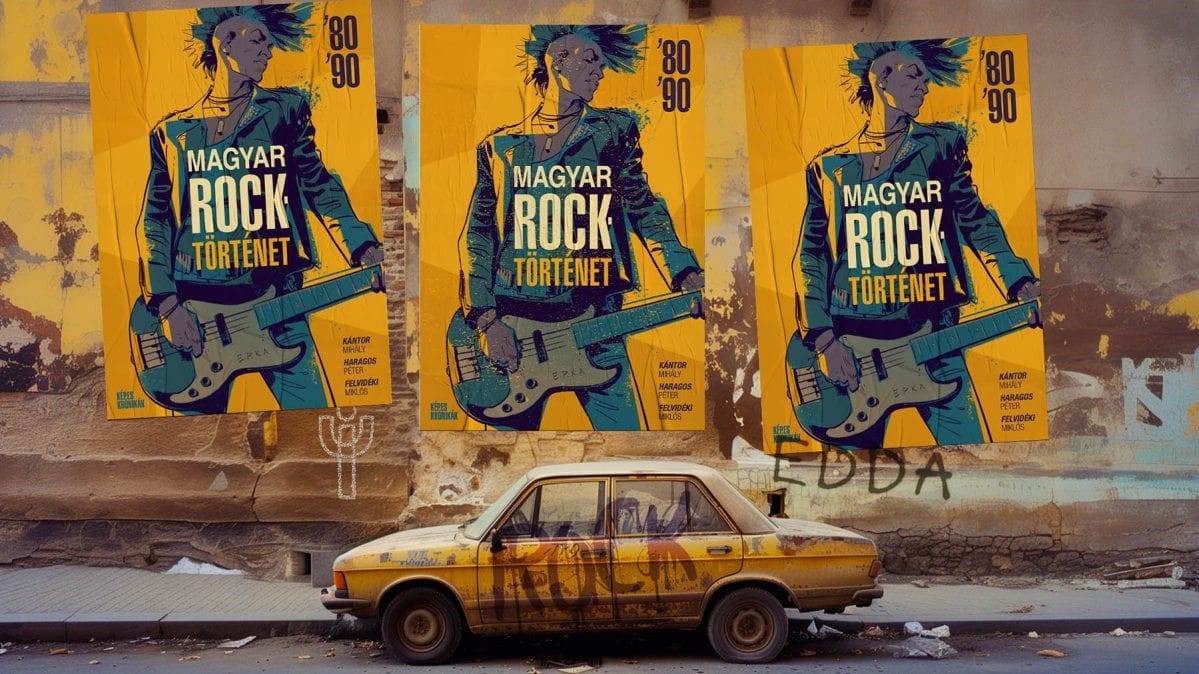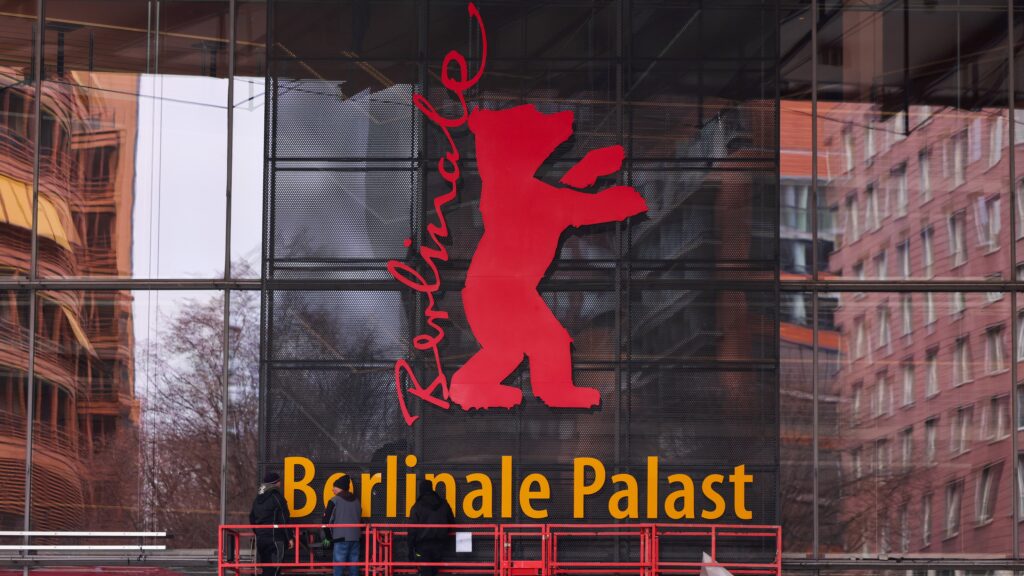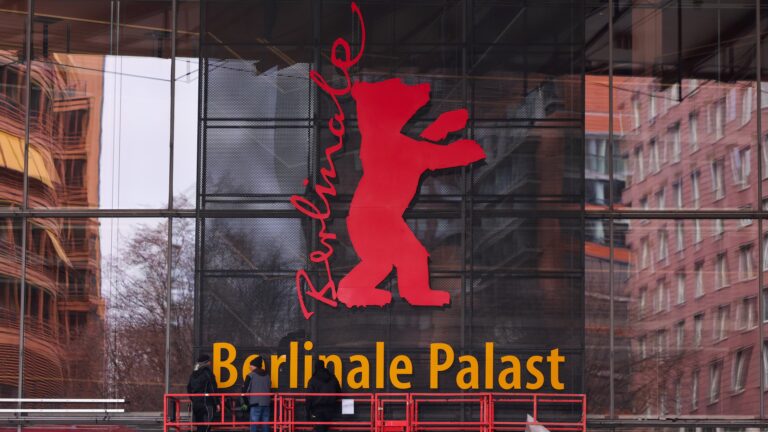The second volume of the comic book portraying the history of Hungarian rock music has been released, introducing the era of the 1980s and 1990s to the readers.
The second volume of the publication titled Hungarian Rock History presents the stories of prominent figures in the domestic rock music scene, including Bikini, Kontroll Csoport, KFT, Edda, Karthago, Quimby, and Kispál és a Borz, uniquely depicted in comic book format.
‘The initiator and spiritual father of the project was the late excellent comic book artist, Attila Futaki, who passed away earlier this January. When I approached him with the idea, he said it could be done. We used the rock history book series by Béla Szilárd Jávorszky for the text, and Attila selected the artists,’ Szilárd Demeter, the main supporter of the volume and CEO of the Petőfi Cultural Agency said at the book launch on Tuesday at the House of Music Hungary.
The first volume, which covered the Hungarian rock history of the 1960s and 1970s, was released in December last year. The second instalment, also published by Képes Krónikák Publishing House, presents stories related to the most famous Hungarian bands and musicians of the 1980s and 1990s. The publication was created based on the text by Mihály Kántor, under the artistic direction of Attila Futaki, with illustrations by Péter Haragos and Miklós Felvidéki, and professional editing by Béla Szilárd Jávorszky. The cover was designed by Dávid Cserkuti.
The series’ primary goal is
to introduce and cultivate an appreciation for the giants of Hungarian rock history and the era-defining hits
among the youth through the medium of comic books.
At the book launch, Kántor discussed how they tried to feature all the important players and genres of the era within the more than one hundred pages of the book, although there are undoubtedly some who could have been included. The fictional hero introduced in the first volume, Karcsi Pallagi, continues his story, joining the Hungarian Record Company and thereby getting involved with the Hungarian pop industry tycoon, Péter Erdős. His task is to scout for talents and launch them into the industry. The transition to democracy brings a plethora of opportunities, allowing readers to glimpse into well-known concert venues and farewell concerts through Karcsi’s work. Significant events such as the premiere of the rock opera Stephen, the King, the Black Sheep concert, or the launch of the Sziget Festival are vividly depicted in comic book style.
The volume portrays the most significant performers of the 1960s and 1970s and their associated music stories in the characteristic, humorous, and caricature-like style of comic books.
As part of the book launch, a roundtable discussion was held with popular performers of the era, including Lilla Vincze (Napoleon Boulevard), József Kalapács (Pokolgép), Feró Nagy (Beatrice), and Péter Müller Sziámi (URH, Kontroll Csoport, Sziámi). In connection with the book, a temporary exhibition of Attila Futaki’s internationally renowned works will open on Wednesday at the library of the House of Music Hungary.
Sources: Hungarian Conservative/Petőfi Cultural Agency







